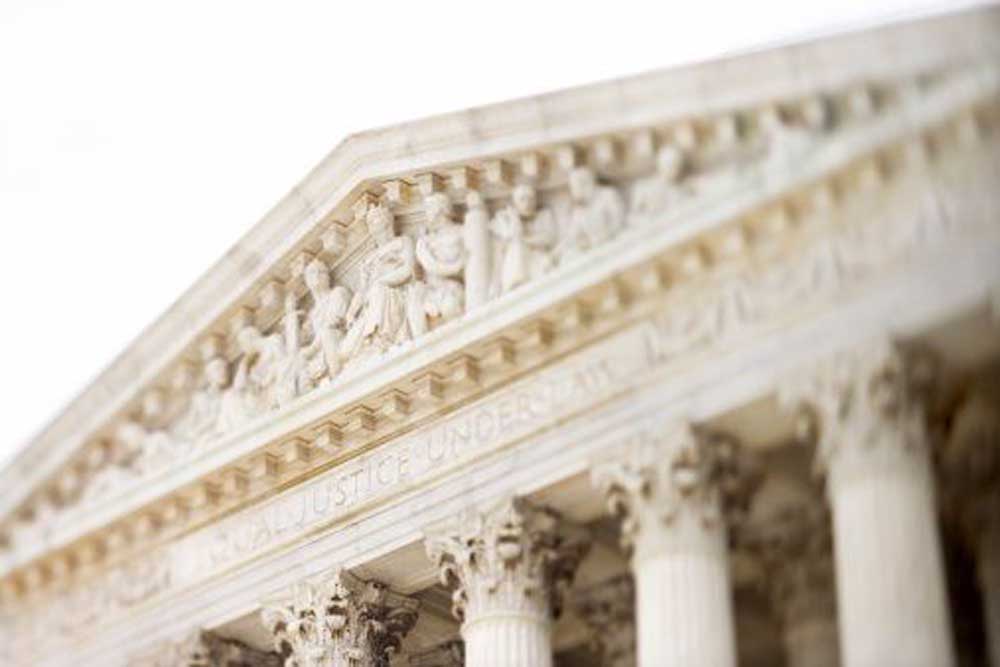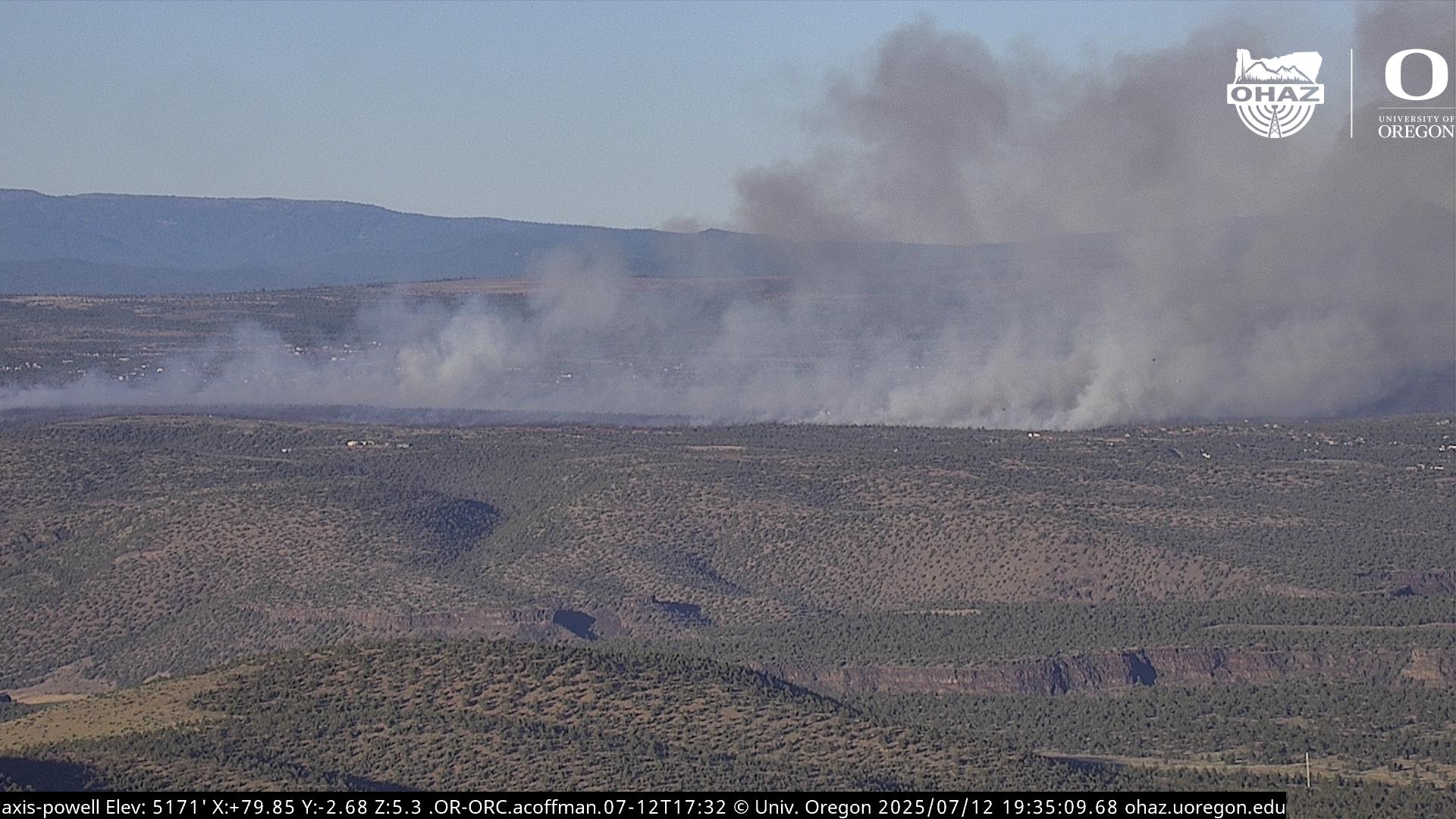Editorial: Court case pushes public-sector unions in the right direction
Published 12:00 am Sunday, February 18, 2018

- The United States Supreme Court. (Thinkstock)
Expect to hear plenty in the coming days about a case known as Janus vs. AFSCME, for which the U.S. Supreme Court has scheduled oral arguments on Feb. 26. Government unions across the country are looking forward with trepidation to the outcome of the court’s deliberations, as they should. But the outlook for the public employees represented by those unions is not at all grim.
In Bend, and likely elsewhere, the Janus Jitters have motivated union officials to win over members of their bargaining units who have long felt ignored and marginalized. This positive development is what happens when people realize they may soon have to earn the financial support they have become accustomed to compelling.
Trending
At issue are what are known as agency fees or fair-share contributions. Public employees cannot be forced to join the unions that represent their bargaining units. But in a number of states, including Oregon, nonmembers can be compelled to pay fees in lieu of union dues to cover the costs of bargaining and union representation. Because they belong to a bargaining unit, after all, even nonmembers earn the salaries and benefits secured through union negotiation.
Problem is, such forced contributions coexist uncomfortably with the First Amendment and may, in fact, violate it. Though fair-share fees may not be used to pay for unions’ overtly political activities, you could argue — and many do — that the very act of negotiating with a school district, city or county is an inherently political act. A conservative member of a bargaining unit, for instance, may disagree vehemently with the pension benefits, salary levels and other uses of tax money sought on his behalf.
The U.S. Supreme Court appeared poised to declare forced contributions unconstitutional in 2016, but deadlocked following the death of Antonin Scalia. With the addition of Neil Gorsuch, the court is expected to give such contributions a rough reception later this month. Before long, public employees may be free to say “no” not only to union membership, but also to compulsory fees to support union activities.
This would be a significant win for the First Amendment and for public employees, but it could create big problems for unions. Many nonmembers might choose not to pay fees, and many members may decide to drop out and save their money.
Officials with the Bend Education Association, which represents teachers in the Bend-La Pine school district, have anticipated this consequence. And to their credit, they’ve done something constructive about it. The BEA has given the public a peek behind the curtains by posting notes on its website of monthly meetings of union building representatives. The notes currently online cover meetings from September to December of 2017.
Notes for the October meeting express a fear that union membership could drop below 50 percent following a Supreme Court ruling, allowing a call for union decertification. With that in mind, say the notes, “We need to find out if there is a minimum we need to maintain to retain OEA’s support.” OEA is the Oregon Education Association.
Trending
To the BEA’s credit, notes from officials’ November meeting show they’re also worried about winning the support of its members, specifically “members who are more conservative.”
“The majority of OEA’s endorsements are liberal or lean more liberal,” according to notes attributed to BEA President Janelle Rebick. “Some members feel more disenfranchised. After the Janus Supreme Court decision, we might lose members if we can’t help them understand how the association benefits them.” To that end, the notes discuss a late-November event, paid for with an OEA grant, designed to hear the issues of more conservative members and explain the union’s endorsement process.
In the end, the event was not a great success. Though the BEA sent out more than 400 invitations, only 15 members showed up, according to notes from the December meeting. Still, it “started some conversations” and served as a good learning opportunity and “a pilot for the state.” Hooray for that.
Assuming the Supreme Court does what most expect this year, raising money will become more difficult for public-sector unions like the BEA. No longer free simply to take people’s money, they’ll have to do the hard work of convincing potential members of the value of their services. Unions can make a compelling case that pay and benefits would be less generous without their hard work. Presumably, many public employees will recognize this and continue their support.
But political activity does have consequences. And all the reaching out in the world, no matter how well-intended, will make little difference to employees who continue to disagree with their unions’ political activities. If the Supreme Court does the right thing this year, they will finally be free to express their displeasure with their dollars.








